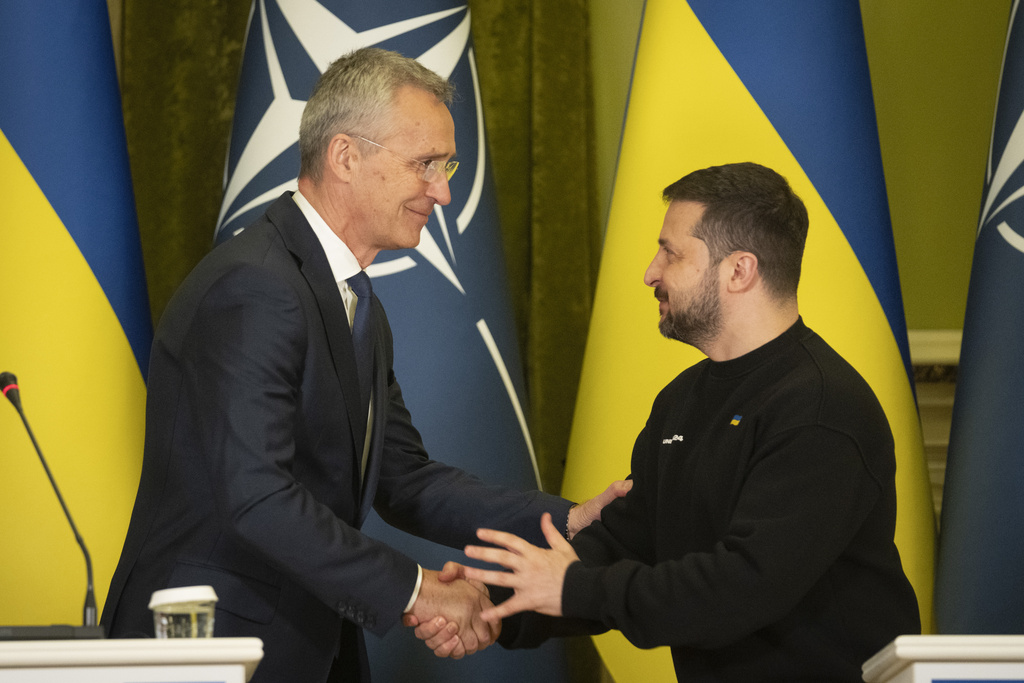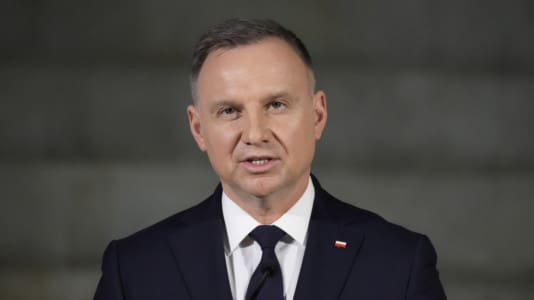Ukraine’s accession to NATO is not on the agenda as long as the war is ongoing, but the question is what will happen when the fighting is over, said NATO Secretary-General Jens Stoltenberg at an event organized by the German Marshall Fund in Brussels on Wednesday.
At the Brussels forum, the secretary-general outlined preparations for the Vilnius summit in July, where the allies will discuss the issue. He acknowledged that members of NATO are divided on the possible admission of Ukraine.
“Views on this issue differ within the alliance,” Stoltenberg said, noting that decision-making in NATO is by consensus. Hungary remains opposed to Ukraine’s NATO membership as long as the discrimination of the ethnic Hungarian minority there persists.
Stoltenberg added that he would hold telephone talks with allies in the coming days on “how to respond to Ukraine’s aspirations for NATO membership.”
“No one is in a position to say exactly what the final decision will be at the Vilnius summit on this issue,” he said. In his view, the war will bring Ukraine closer to NATO, for example, training Ukrainian pilots to use F-16 fighters will lead to greater interoperability. Stoltenberg assessed that Ukraine is currently using the military assets of the former Soviet system and the Western world, and hoped that at the Vilnius summit, the allies would adopt a multi-year strategy to help Kyiv move to NATO doctrines and equipment standards.
“This may sound a bit technical, but it is a very important factor,” he stressed.
Kyiv announced last September that it was applying for fast-track membership after Russia announced the annexation of four Ukrainian counties. During his April visit to Kyiv, Stoltenberg said Ukraine had a rightful place in the Euro-Atlantic family of NATO. At their 2008 summit in Bucharest, the allies agreed that Ukraine would become a NATO member, but no time frame or date was set.






